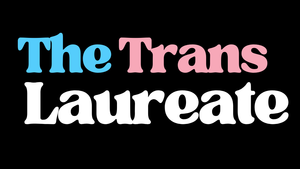Researchers at
the Oregon Health and Science University report being able
to promote T-cell regeneration in HIV-infected animals, a
development they hope to be able to apply to
HIV-positive humans whose T cells have been wiped out
by HIV and subsequently develop AIDS-related opportunistic
infections. Writing in the Journal of Clinical
Investigation, the OHSU researchers say they used a
naturally occurring
protein--interleukin-15--to stimulate the immune
systems of monkeys infected with a simian version of
HIV to produce large amounts of T cells. But the
effects of IL-15 were limited only to monkeys also
taking antiretroviral medications; those treated only with
IL-15 did not post significant T-cell rebounds.
"What we now need
to better understand is how populations of these
crucial T cells are regulated," says lead study author Louis
Picker in a press statement. "We're also hopeful that
this research will lead to effective therapies for
treating patients with HIV and boosting their immune
systems, making them less susceptible" to HIV disease
progression and AIDS-related complications.
The research was
funded by the National Institute of Allergy and
Infectious Diseases, a branch of the National Institutes of
Health. (The Advocate)














































































